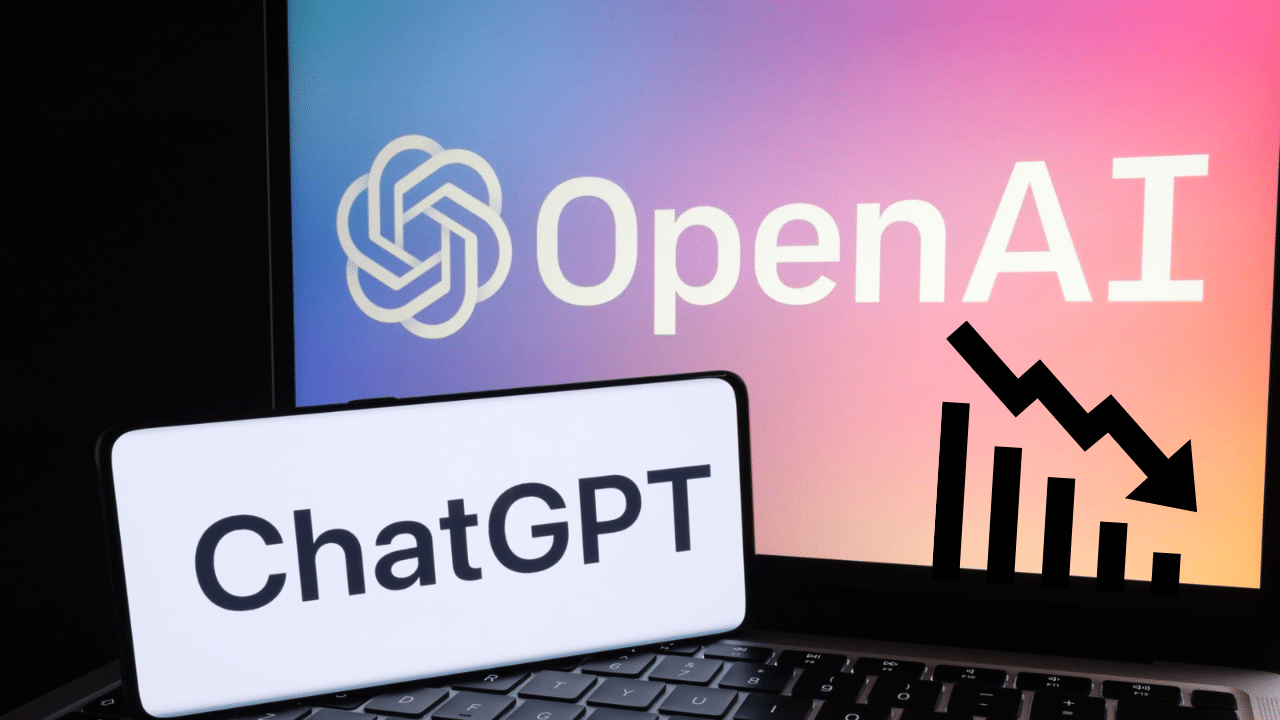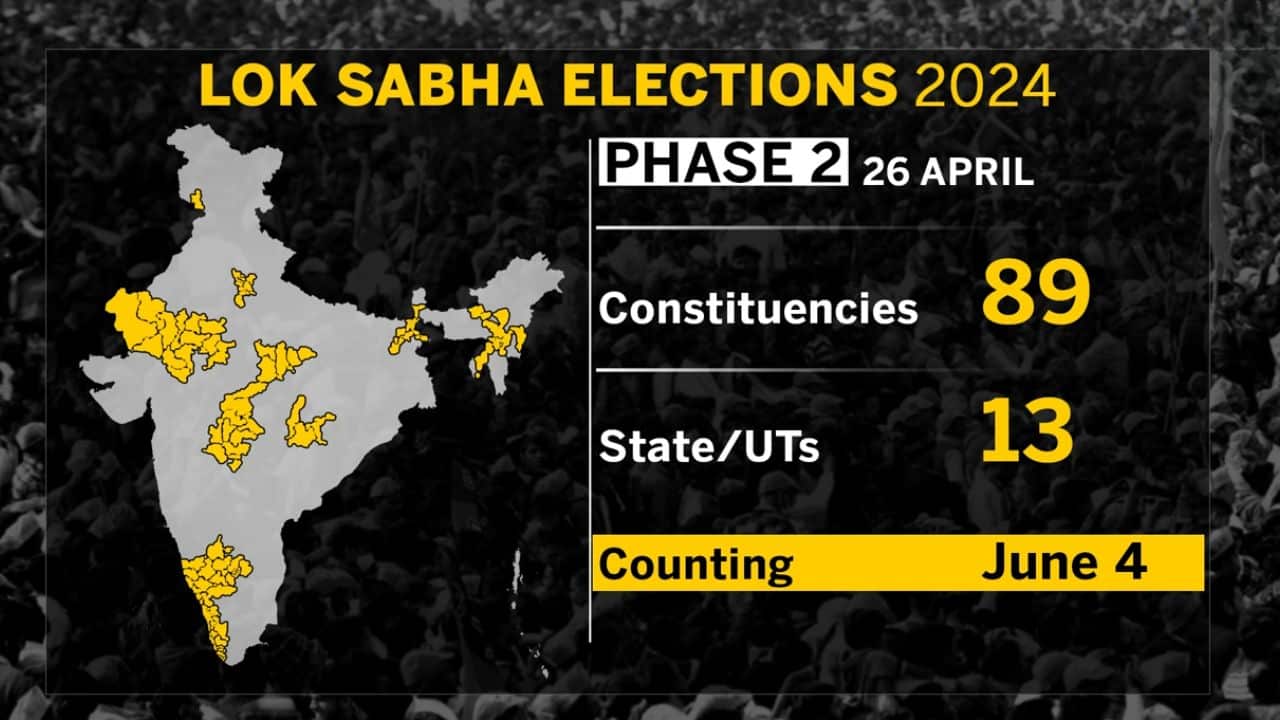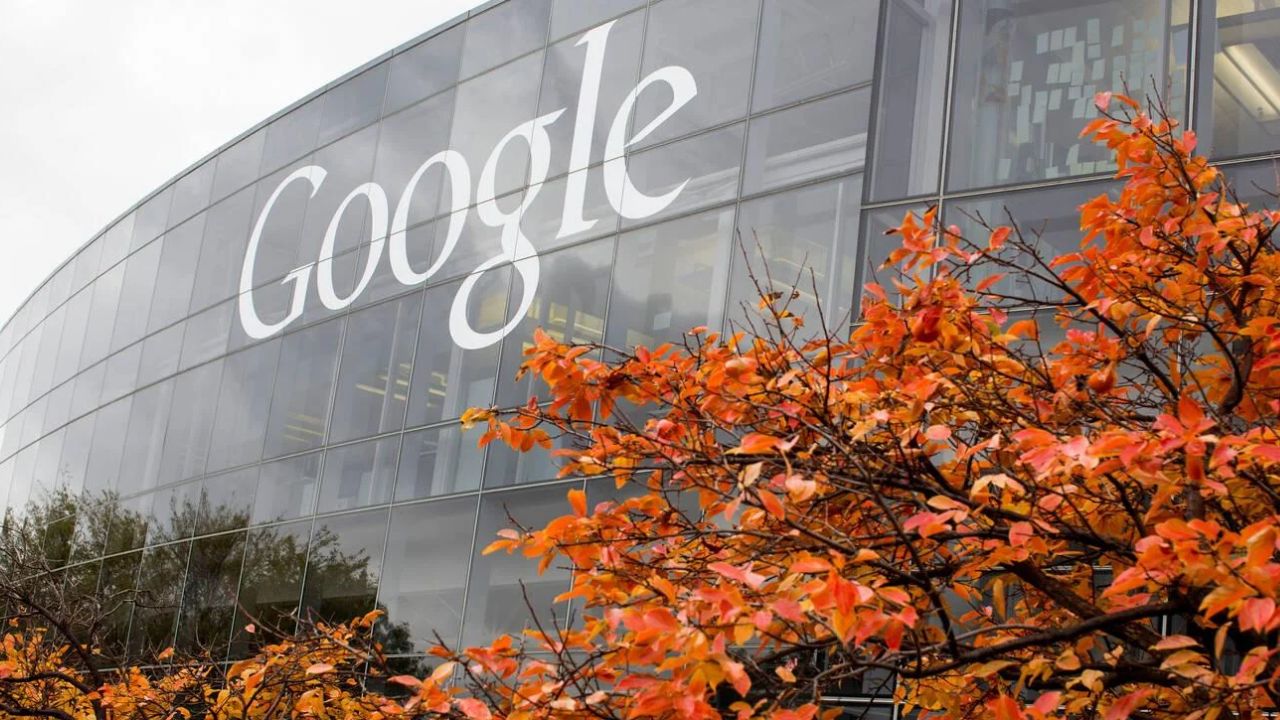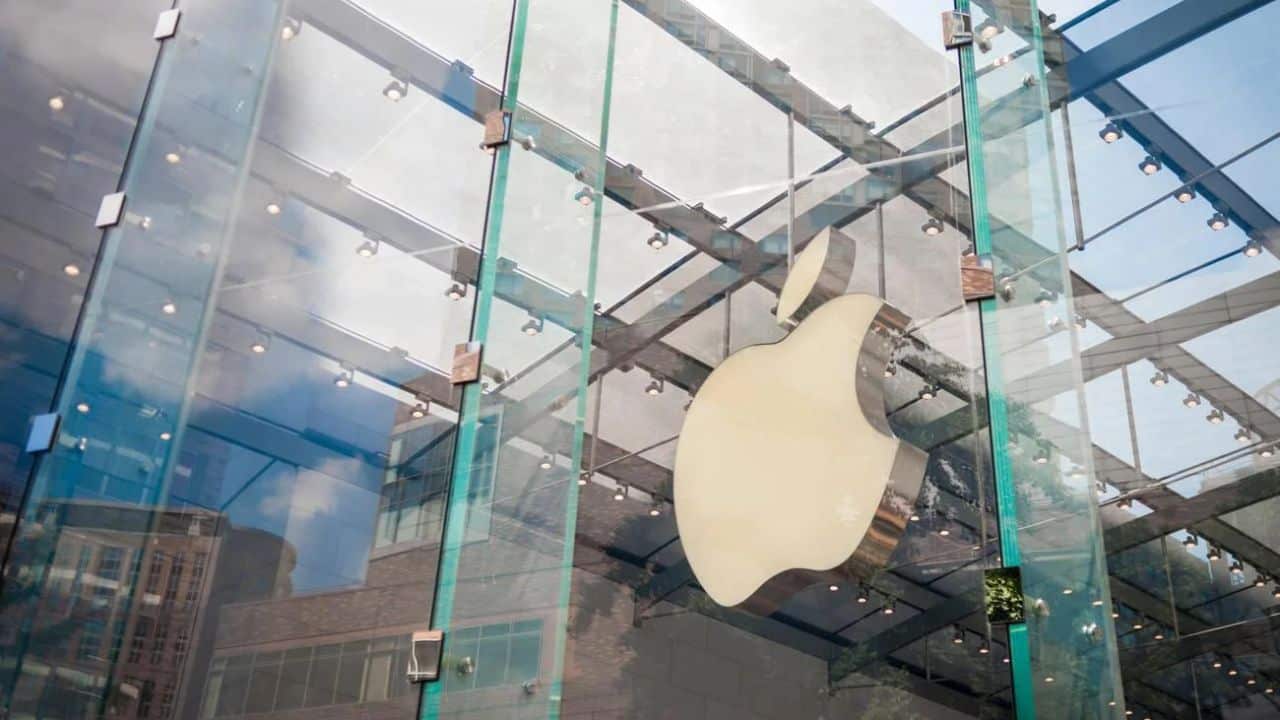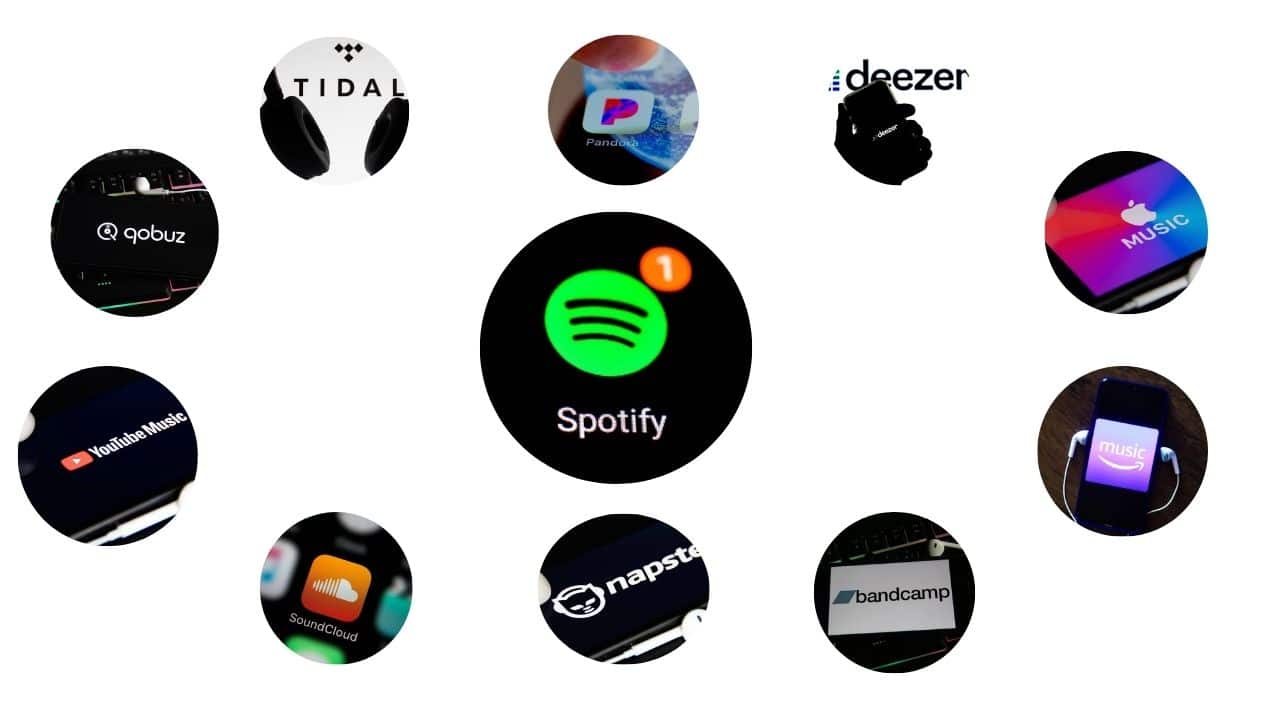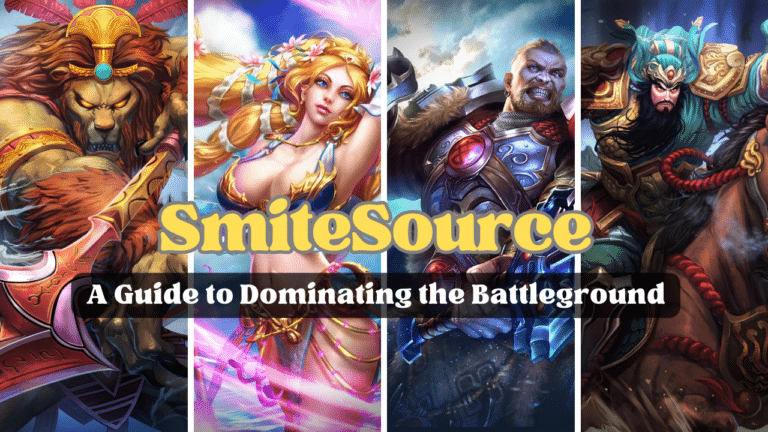OpenAI, the Microsoft-backed creator of ChatGPT, has confirmed that the chatbot can now search the internet for current information.
Previously, the artificial intelligence-powered system was only educated using data up to September 2021.
As a result of the change, select premium users will be able to ask the chatbot questions about current events and gain access to news.
According to OpenAI, the capability will be available to all users soon.
Earlier this week, OpenAI stated that the chatbot will soon be able to converse with users via voice.
ChatGPT and other systems like it employ massive volumes of data to provide convincing human-like responses to user questions.
They are likely to significantly alter how people seek for information online.
However, the “knowledge” of the viral chatbot has been locked in time till now. Its database was compiled from the contents of the internet in September 2021. It couldn’t access the internet in real time.
So, for example, if you ask the free version when the last earthquake in Turkey occurred or whether Donald Trump is still alive, it will respond, “I’m sorry, but I cannot provide real-time information.”
Some potential users have been turned off by ChatGPT’s incapacity to take recent events into account.
“If this functionality or capability was not available, you would have to go to Google, Twitter, or your preferred news outlet.” “You can now use this to get the latest news, gossip, and current events,” says Tomas Chamorro-Premuzic, professor of business psychology at University College London.
“So the main implication is that it’s going to absorb a lot of the incoming questions and inquiries that were going to search engines or going to news outlets,” he explained.
However, Mr Chamorro-Premuzic cautioned that using the platform to conduct searches may be a double-edged sword.
“I think that’s a good thing in terms of getting quick responses to your pressing, burning questions,” he added, but cautioned that information offered through ChatGPT may be misleading without sourcing.
“If it’s not stating in a reliable way what the sources are, and it’s simply doing a mix and a mish mash of what exists out there… then the concerns are around accuracy and people just assume the information they get there is reliable when it’s not.”
Already, US officials have raised concerns about the possibility of ChatGPT producing fraudulent data.
The Federal Trade Commission (FTC) wrote a letter to the Microsoft-backed company earlier this year, demanding details on how it addresses hazards to people’s reputations.
In response, OpenAI’s CEO stated that the company would cooperate with the FTC.
ChatGPT had not searched the internet until recently for a variety of reasons, including high computational costs. It is commonly stated that each inquiry costs OpenAI a few pennies.
More importantly, the limited data served as a vital safety net.
ChatGPT could not begin regurgitating hazardous or unlawful material discovered recently uploaded to the internet in response to a query.
It couldn’t spread falsehoods about politics or healthcare decisions since it didn’t have access to it.
When asked why it had taken so long to allow consumers to search for up-to-date information, the chatbot responded with three options.
It stated that constructing language models was time-consuming and resource-intensive, that using real-time data could introduce mistakes, and that there were certain privacy and ethical concerns about accessing real-time information – notably copyrighted content – without authorization.
ChatGPT’s new features clearly reflect the significant issue that the AI field is facing. To be genuinely useful, the guardrails must be removed or at least loosen – but doing so makes the technology potentially more harmful and vulnerable to misuse.
Read More: OpenAI’s ChatGPT Now Can Speak, Hear, and See: a Multimodal Upgrade in History

